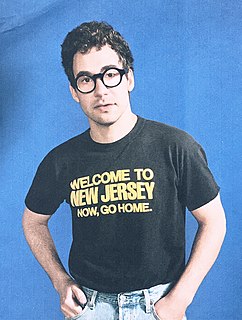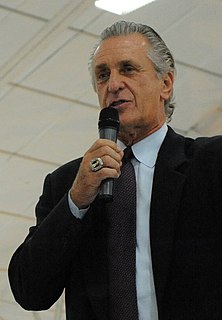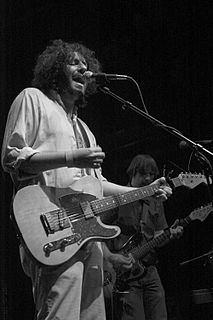A Quote by Jack Antonoff
Glee is one of the very few mainstream outlets that is giving a voice to communities of people that don't necessarily have a loud voice, specifically the gay community. It gives a really positive and forward statement.
Related Quotes
But what I would like to say is that the spiritual life is a life in which you gradually learn to listen to a voice that says something else, that says, "You are the beloved and on you my favour rests."... I want you to hear that voice. It is not a very loud voice because it is an intimate voice. It comes from a very deep place. It is soft and gentle. I want you to gradually hear that voice. We both have to hear that voice and to claim for ourselves that that voice speaks the truth, our truth. It tells us who we are.
When I first came up, the whole AIDS epidemic was starting, and the gay community that I experienced from the beginning of my career was mostly - and overwhelmingly - concerned with staying alive. And, also, I felt really aware of the preciousness of life and time. The gay community and people who were HIV-positive were treated so badly, and I was very disturbed by things. But I also saw a lot of love and connection in the gay community at that time.
Like Hemingway and Faulkner, but in an entirely different mode, Fitzgerald had that singular quality without which a writer is not really a writer at all, and that is a voice, a distinct and identifiable voice. This is really not the same thing as a style; a style can be emulated, a voice cannot, and the witty, rueful, elegaic voice gives his work its bright authenticity.
All of us have at least one great voice deep inside. People are products of their environment. A lucky few are born into situations in which positive messages abound. Others grow up hearing messages of fear and failure, which they must block out so the positive can be heard. But the positive and courageous voice will always emerge, somewhere, sometime, for all of us. Listen for it, and your breakthroughs will come.
Whether these were liberal publications or conservative publications, whether they were mainstream or slightly to the side of the mainstream; out of the mainstream, they all believed that they had the right to tell you how to stylize yourself. And from the New York Times to the much more left-winged nation. And The Voice said, no, whatever you want to. You drew whatever you want to, we'll publish it. Nobody was doing that. Nobody does it today. The Voice is no longer that paper, and editorializing is now in the hands of editors, with few exceptions.

































